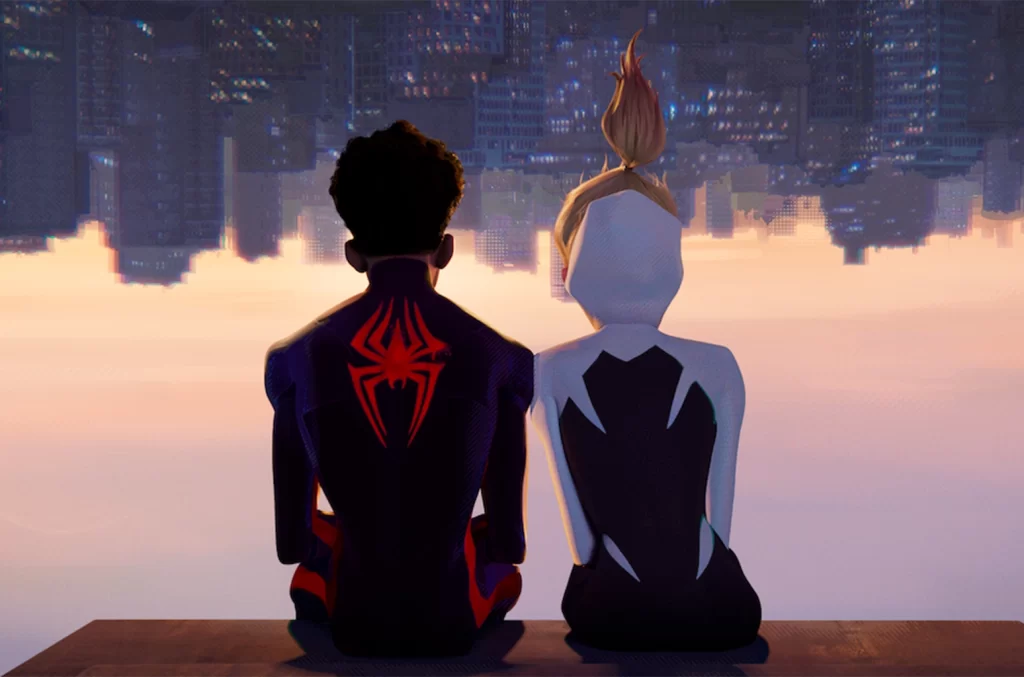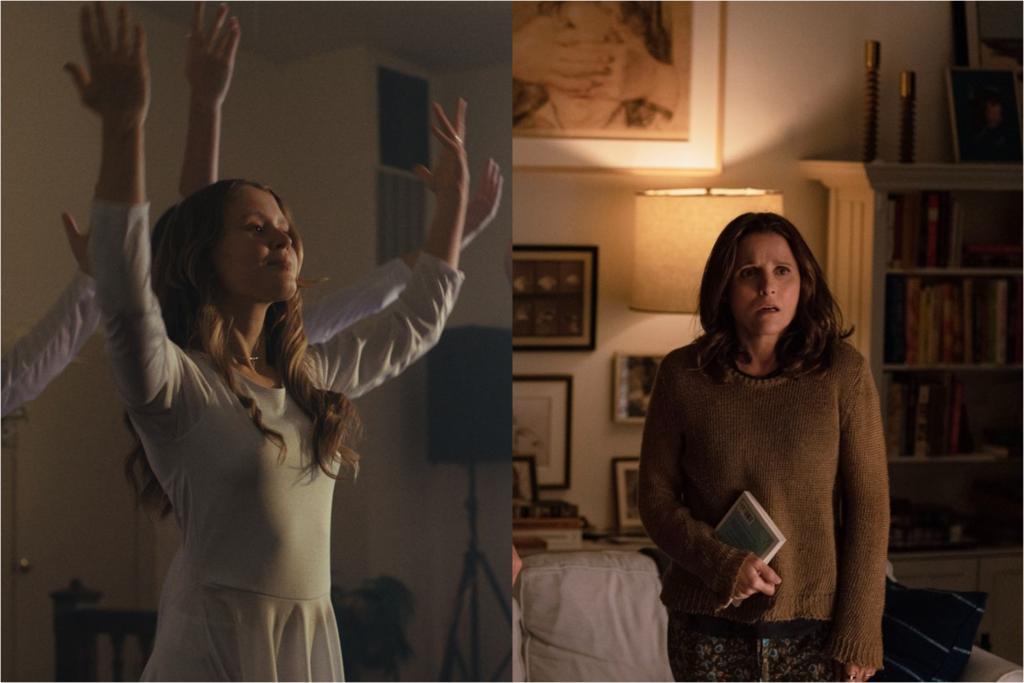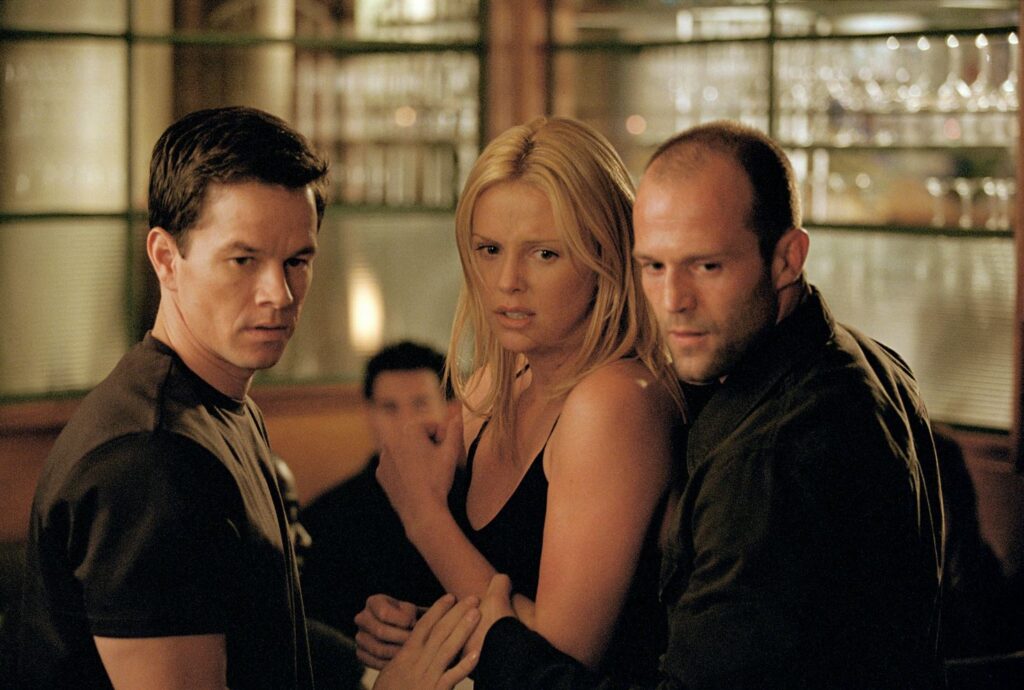Spider-Man: Across the Spider-Verse: What a Spangled Web We Weave

It’s cinematic law that sequels need to be bigger, which presents a daunting challenge for Spider-Man: Across the Spider-Verse. Its predecessor, the spry and snazzy Into the Spider-Verse, was awfully big to begin with, taking a familiar superhero origin story—this one centering on Miles Morales (Shameik Moore), an affable Brooklyn teenager who receives that famous radioactive insect bite—and then bombarding the screen with many more Spider-Men (well, actually Spider-People… OK, technically Spider-Animals) who arrived from different realms in the multiverse. It was a whole lot of movie, as noteworthy for its energetic style—busy, boisterous animation that evoked the splash panels of comic books without devolving into pastiche—as for its hectic, cluttered narrative. How could a follow-up one-up such vibrant maximalism?
Quite cleverly, as it turns out. Fueled by a powerful cocktail of joy and ambition, Across the Spider-Verse steers into the multiversal skid, embracing its own storytelling paradoxes with delirious abandon. It’s a dizzying and at times exhausting movie, and it doesn’t entirely evade the trap of saturation that foils many blockbusters; as the latter Avengers pictures proved, more superheroes doesn’t always equate to more fun. But the filmmakers here—the credited directors are Joaquim Dos Santos, Kemp Powers (from Soul), and Justin K. Thompson, while the screenwriters are Dave Callaham and the ubiquitous team of Phil Lord and Christopher Miller (makers of The LEGO Movie)—have located the sweet spot between playfulness and gravity. It isn’t that Across the Spider-Verse refuses to take itself seriously; it’s that it seriously commits to itself as a work of childlike invention and artistic imagination. Read More




